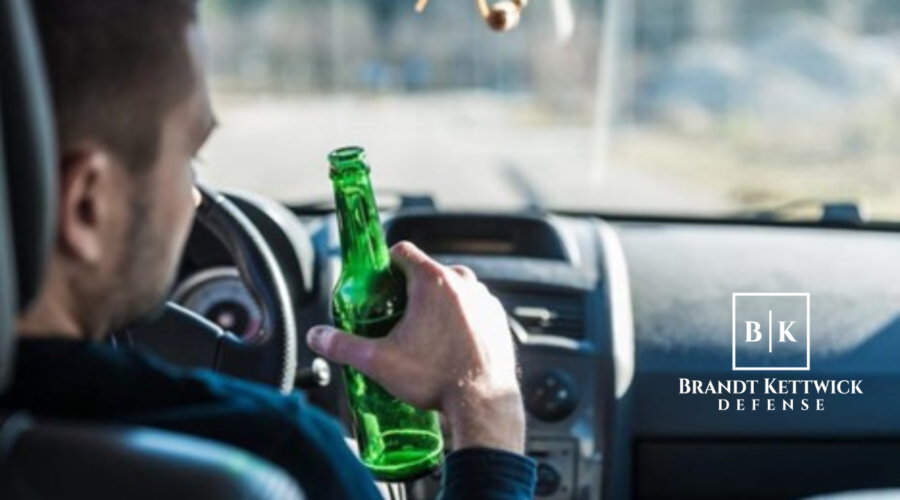Criminal Liability
Minnesota’s DWI laws make it illegal to operate a motor vehicle while under the influence of alcohol. However, Minnesota’s Open Container laws can punish sober drivers and passengers for having an open alcohol container in their car.
In terms of criminal liability, Minnesota’s law applies equally to drivers and passengers. This means that police officers may choose to charge drivers and passengers with a misdemeanor. The purpose of this policy is to reduce the likelihood of drinking and driving and prevent drivers from being about to take a drink of a passenger’s alcoholic beverage while driving or pass their own drink off to a passenger when pulled over. Additionally, the law imposes strict liability on the driver of the vehicle, meaning he or she can be charged with an open bottle violation even if they did not know their passengers were drinking or that there was an open container in the vehicle.
However, this strict liability is not applied to the owner of the vehicle if he or she is not present. Under Minn. Stat. 169A.35 Subd. 4, the crime applies to he driver of the vehicle if the owner is not present in the vehicle.
Definitions and Exceptions
Under the Minnesota statute, “motor vehicle” does not include motorboats or off-road recreational vehicles so long as they are not being operated on a roadway. The rules apply if a vehicle is on a public road, even if it is not in motion. Possession means either that the person had actual possession of the container or that it was within their control, which includes the passenger compartment of a vehicle, including glove compartments and other storage areas. It does not, however, include the trunk of the car.
The container in question can be anything that holds a beverage, including cans, bottles, flasks, and water bottles. To avoid an open container citation, all previously open bottles must be sealed and put in a secure location away from the vehicle’s passenger compartment.


